The Team
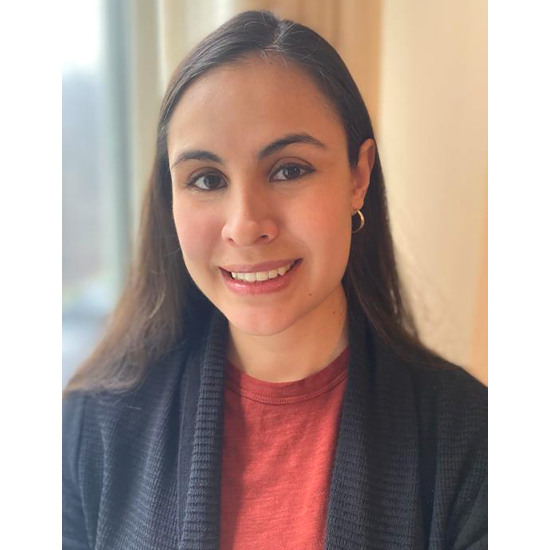
Camila Alegria
Communications Associate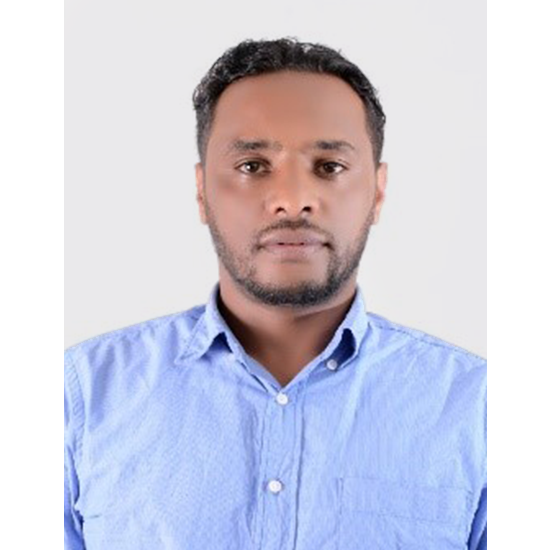
Dr. Abraham Ali Mohammed
One Health Ethiopia Multisectoral Health Security Advisor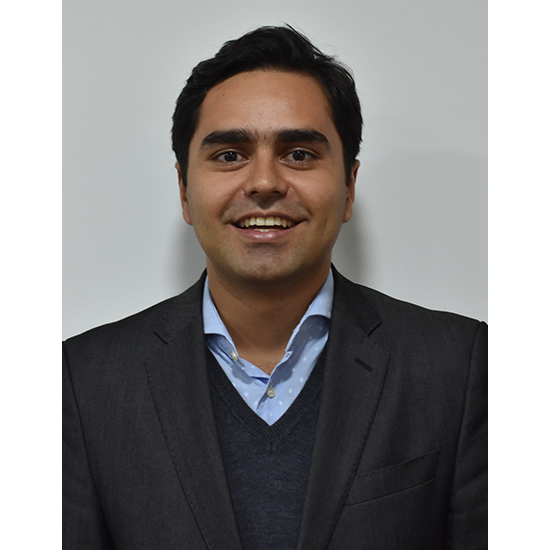
Juan Barco
Colombia Project Director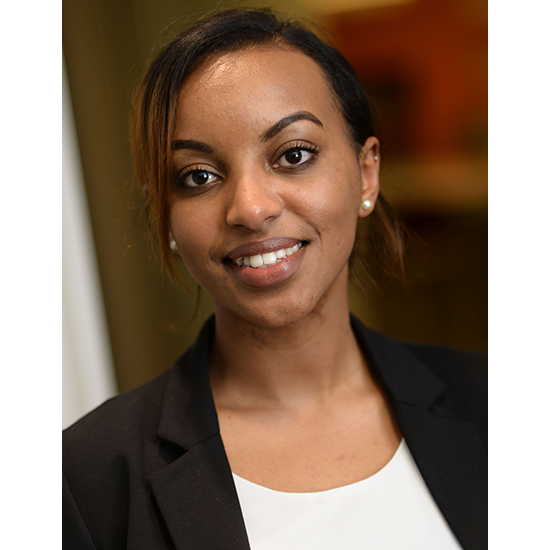
Mekdelawit Bayu
Technical Project Manager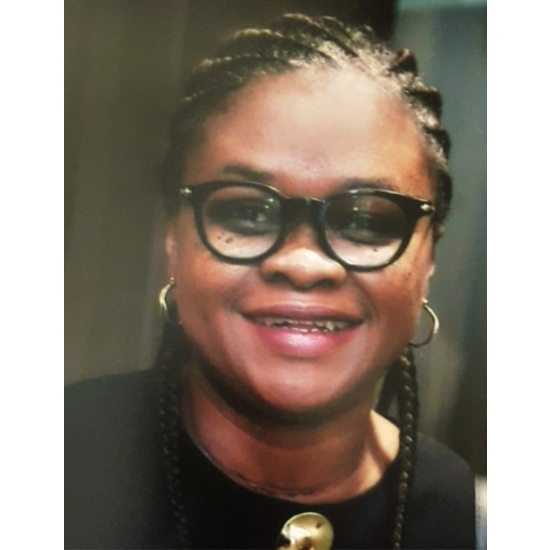
Dr. Edwige Bosso
CBM Côte d’Ivoire Long-Term Technical Advisor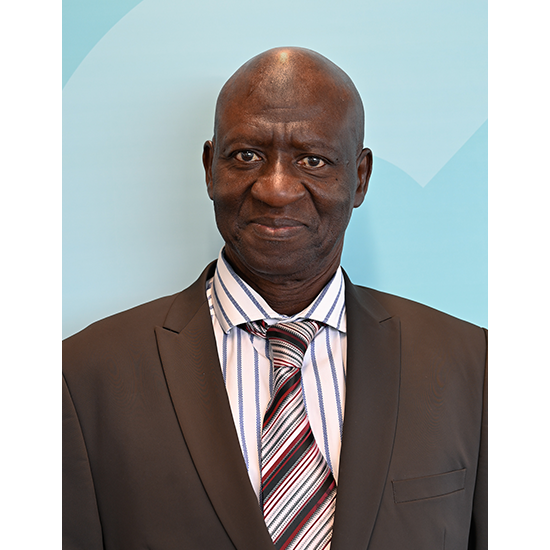
Dr. Matar Camara
Senegal Project Director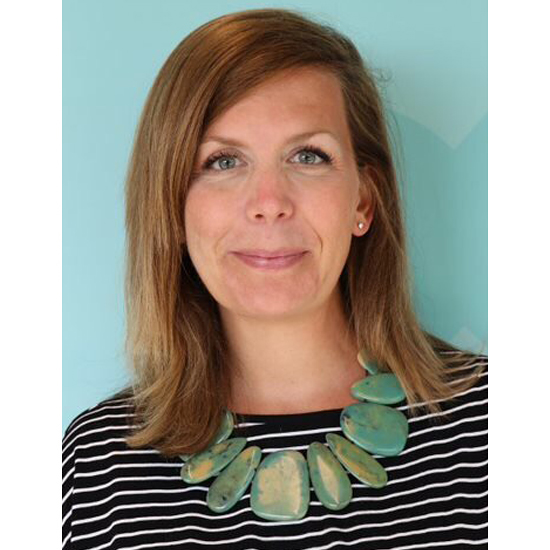
Catarina Cronquist
Communications Manager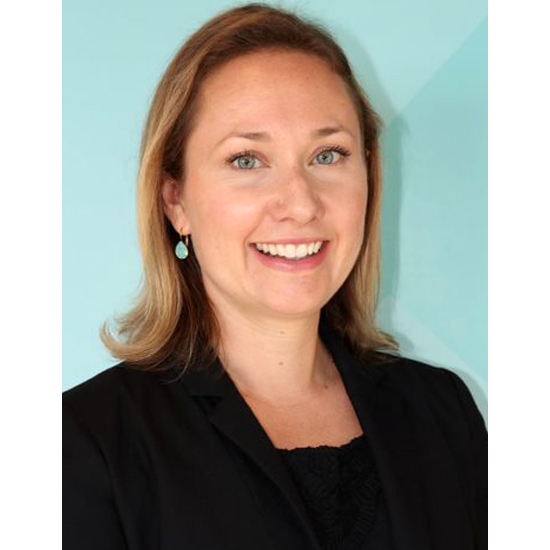
Rachel Deussom
Technical Director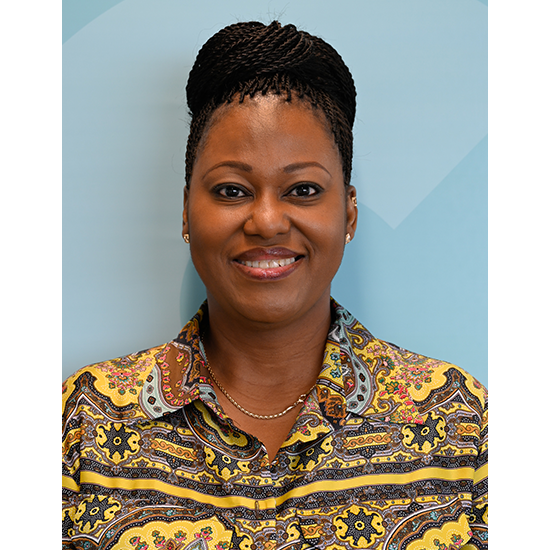
Dr. Ghislaine Dijdjoho
CBM Côte d’Ivoire Long-Term Technical Advisor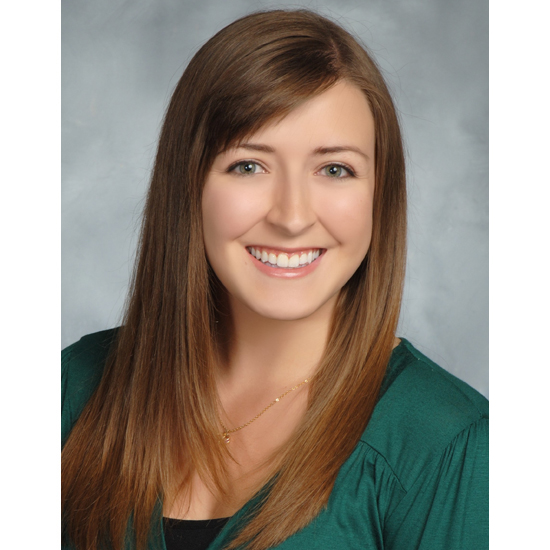
Katy Gorentz
Senior Monitoring and Evaluation Specialist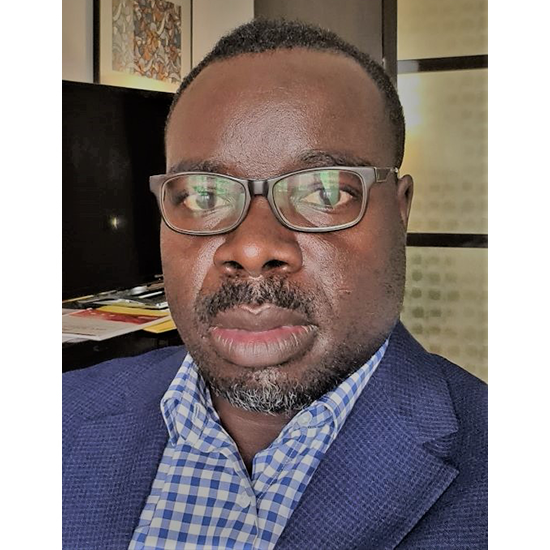
Dr. Yves-Lucien Hakorimana
CBM Chad Long-Term Technical Advisor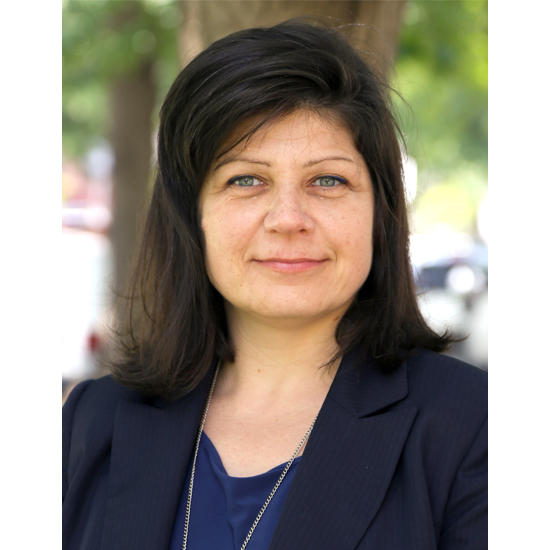
Wanda Jaskiewicz
Global Project Director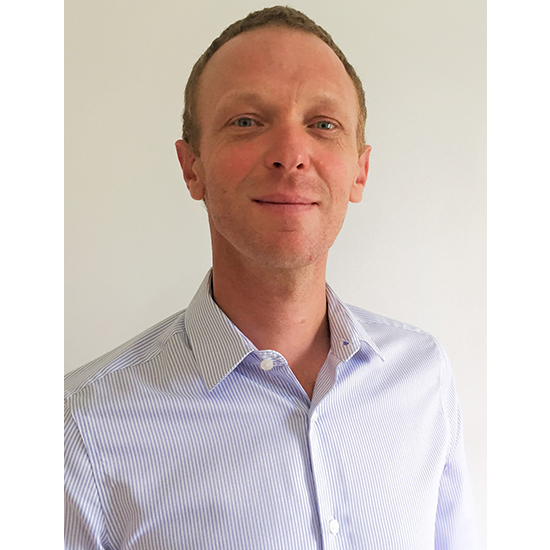
Dr. Jean-Emmanuel Julo-Reminiac
CBM Togo Long-Term Technical Advisor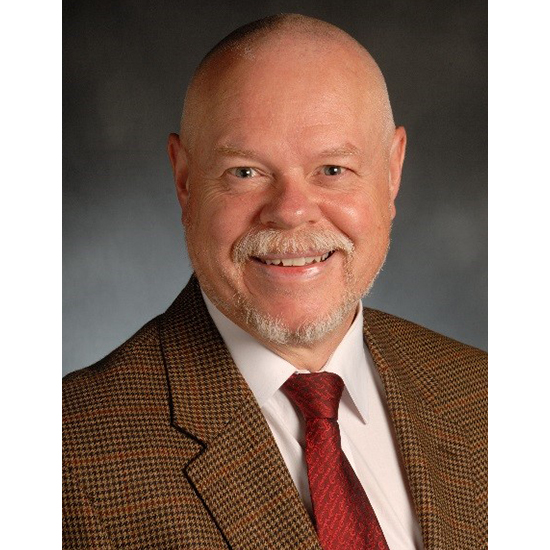
Eckhard Kleinau
Research and Evaluation Director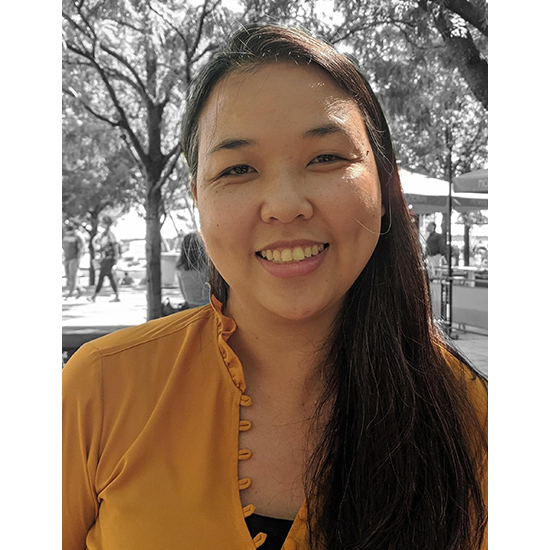
My Di Le
Finance and Operations Director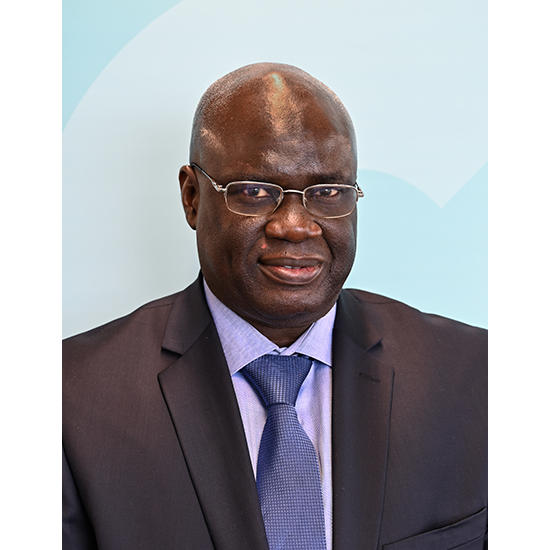
Dr. Youssoufa Lo
CBM Guinea Long-Term Technical Advisor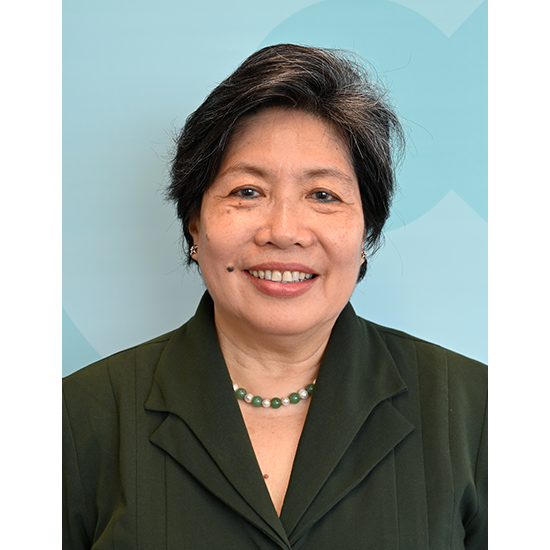
Dr. Marilyn Lorenzo
Philippines Project Director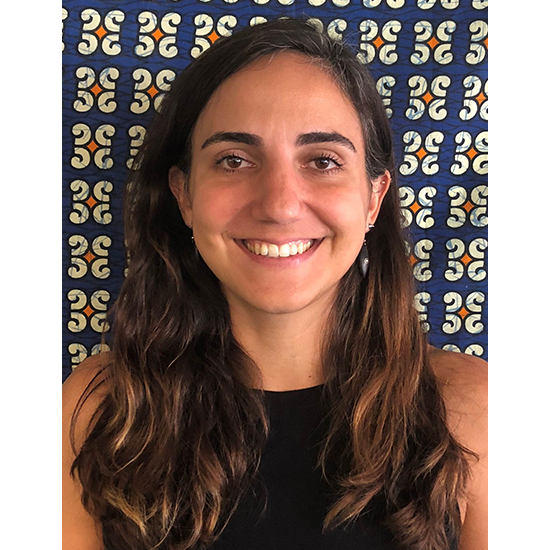
Elizabeth McGehee Kiriakou
CBM Project Director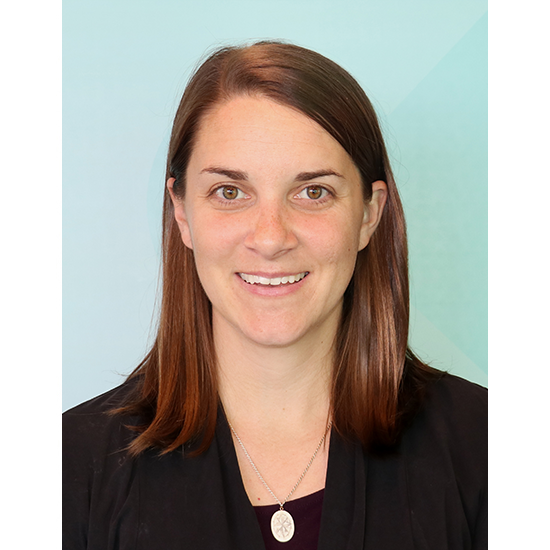
Leah McManus
Technical Advisor & Indonesia Project Lead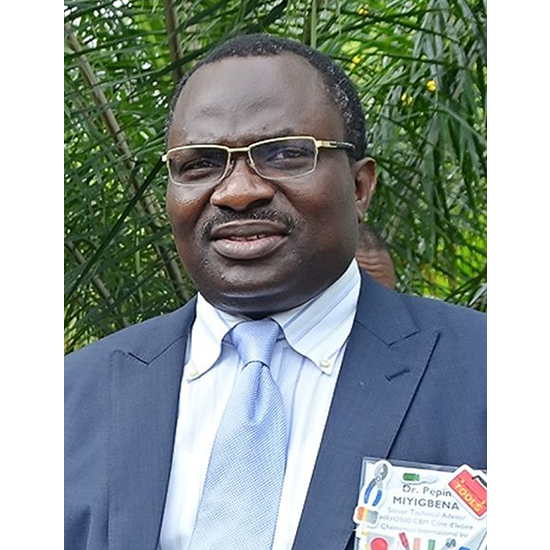
Dr. Pepin Miyigbena
CBM Central African Republic Long-Term Technical Advisor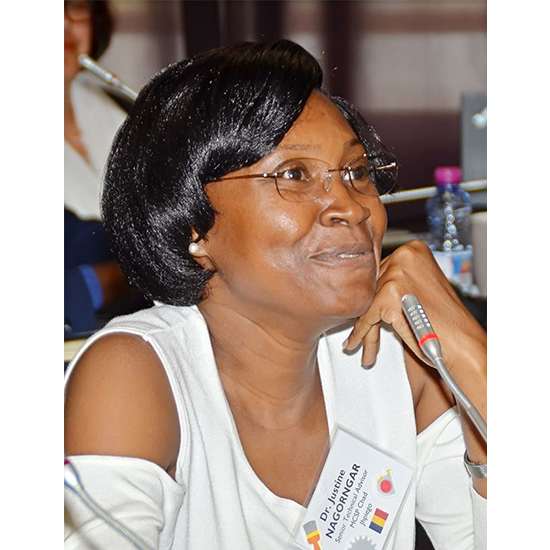
Dr. Justine Nagorngar
CBM Chad Long-Term Technical Advisor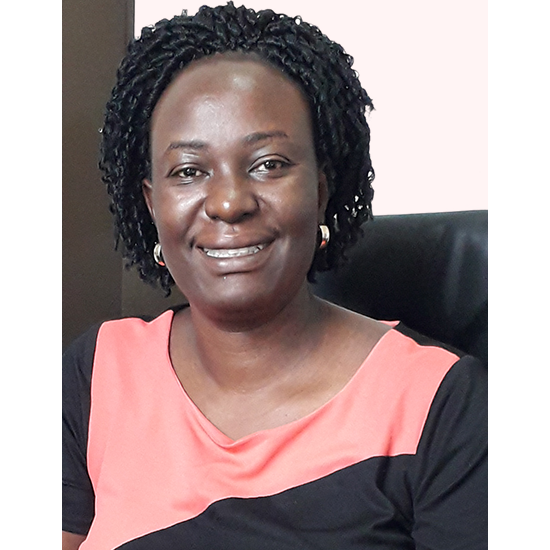
Dr. Grace Namaganda
Malawi Project Director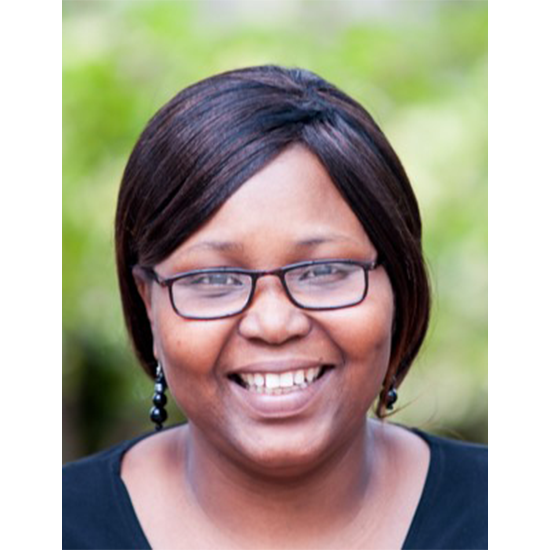
Dr. Houleye N'Diaye
Mali Project Director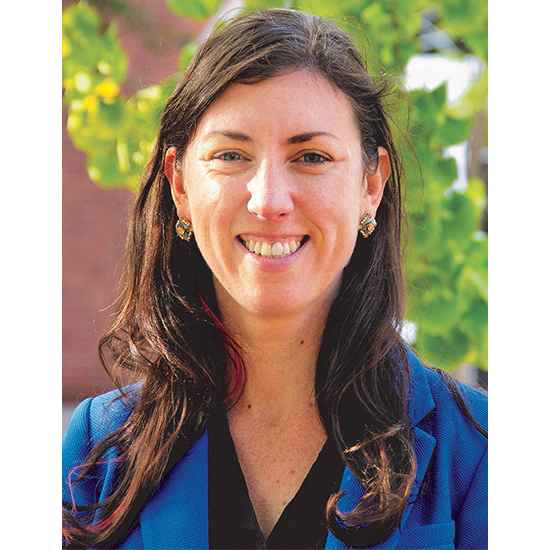
Andrea Poling
Deputy Project Director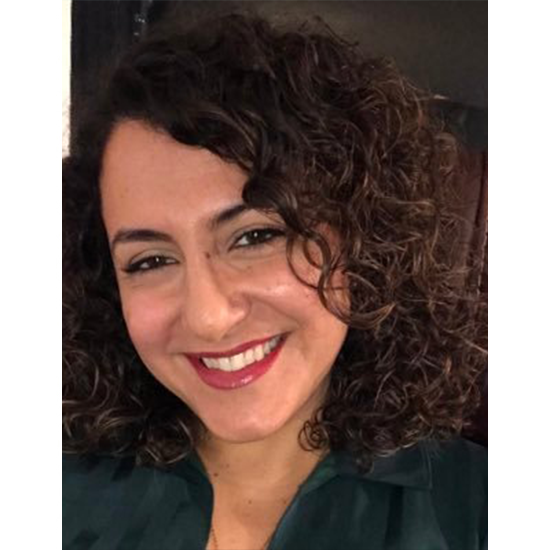
Mariam Reda
Country Buy-In Director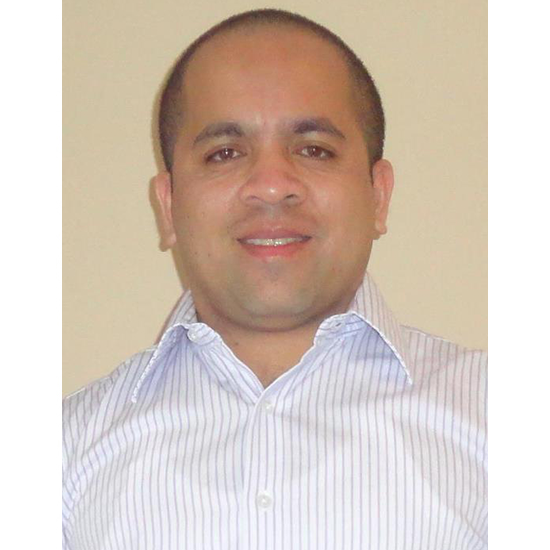
Abilio Soares
Timor-Leste Senior Technical Lead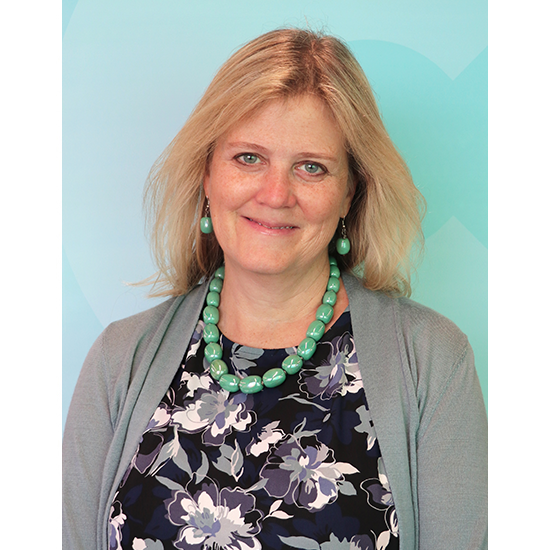
Elizabeth Walsh
Communications and Knowledge Management DirectorCamila Alegria, Communications Associate
Camila Alegria is HRH2030 Program’s communications associate. Prior to HRH2030, Camila developed the communications strategy and supervised audiovisual material production at the Global Financial Literacy Excellence Center. As a strategic coordinator with Rock and Roll Communications, she worked on the development, monitoring, and evaluation of campaigns for clients in the private and non-profit sector. She holds a master’s degree in international affairs from The George Washington University and a bachelor’s degree in strategic and corporate communications from the Universidad Privada Santa Cruz de la Sierra in Bolivia.
Dr. Abraham Ali Mohammed, Multisectoral Health Security Advisor, One Health Ethiopia
Dr. Abraham Ali Mohammed is a zoonotic disease researcher with more than thirteen years of work experience in the animal-human interface, a defining feature of the One Health concept. He has done extensive research on bacterial zoonotic epidemics, rabies, MERS, and camel diseases impact in human health. Prior to working with HRH2030, Abraham worked for the Ethiopian Health and Nutrition Research Institute (EHNRI). He received his undergraduate degree from Addis Ababa University and his MPH in public health from the University of Gondar.
Juan Barco, Project Director, HRH2030 Colombia
Juan Barco is an expert in social politics with experience developing, implementing, and evaluating public policies aimed at reducing extreme poverty. He has also managed projects supporting Colombia’s African descendants, indigenous, and campesino communities, as well as victims of armed conflict. Previously, Juan led the implementation of the “Zero to Forever Strategy” – a government platform for early child development – for the Colombian Family Welfare Institute (Instituto Colombiano por el Bienestar Familiar or ICBF)’s Early Childhood Directorate. He also worked on two USAID programs and for the Colombian government. Juan holds a dual degree in international relations and political science from the Universidad del Rosario, and a master’s degree in development management and practice from the Universidad de los Andes.
Mekdelawit Bayu, Technical Project Manager
Mekdelawit is the Technical Project Manager at HRH2030. She worked in the Health Systems Strengthening Operations team on the GHSC-PSM with experience working on projects in Ethiopia, Kenya, Senegal, Uganda, Tanzania, Guinea, and Thailand with a focus in research, communications, project implementation, and M&E. Prior to joining Chemonics, she served as a monitoring and evaluation consultant for Shelter for Life International, working on a project based in Senegal. She also has experience working with the MasterCard Foundation on a longitudinal evaluation project, Minnesota Department of Human Services, and Save the Children International, among others. She holds a bachelor’s degree in global studies and an master’s degree in international development practice from the University of Minnesota – Humphrey School of Public Affairs.
Dr. Edwige Bosso, Long-Term Technical Advisor, Capacity Building for Malaria Côte d’Ivoire
Dr. Edwige Bosso is a monitoring and evaluation (M&E) specialist with more than 15 years of experience working in health program management and implementation. Previously, she was the deputy director of USAID MEASURE Evaluation in Côte d’Ivoire, led M&E for the Global Fund’s “Strengthening the Fight Against Malaria for Pregnant Women and Children Under 5 in 19 Districts” project, and worked on epidemiological surveillance at the Ministry of Health. She is an expert in project development, strategy planning, health management information systems, data use, impact assessments, and epidemiology. She received her bachelor’s in medicine and a special studies certificate in public health and community medicine from the University of Cocody in Abdijan.
Dr. Matar Camara, Project Director, HRH2030 Senegal
Dr. Matar Camara served for more than 15 years as USAID Senegal Health team Deputy Director and as the principal technical specialist for USAID/Senegal in health policy, decentralization, and health care financing components. He was responsible for the design, implementation, monitoring, evaluation and management of policy, health care financing, and decentralization activities within USAID/Senegal’s largest strategic objective. Prior to his work at USAID/Senegal, he served as epidemiologist for WHO/Afro in Burundi and Rwanda, as a public health advisor for the World Bank in Senegal, and as chief epidemiologist of the Regional Endemic Disease Service in the Thiès and Diourbel regions of Senegal.
Catarina Cronquist, Communications Manager
Rachel Deussom, Technical Director
Rachel Deussom is the Technical Director of the HRH2030 Program at Chemonics International. A systems thinker and human capitalist, Rachel is a health workforce expert with 15 years of experience focusing on community health, mHealth, HIV/AIDS, and maternal and child health. She has led teams and provided technical and/or operations support across Africa and Asia, and has developed tools and conducted interventions for HRH strengthening in the areas of pre-service education, retention, performance, community engagement, supply chain, gender, and sustainable financing. She is a trained doula. Rachel has a B.A. in French from Georgetown University and an M.S. in public health from the Harvard T.H. Chan School of Public Health.
Dr. Ghislaine Djidjoho, Long-Term Technical Advisor, Capacity Building for Malaria Côte d’Ivoire
Dr. Ghislaine Djidjoho has been supporting the Côte d’Ivoire National Malaria Control Program since November 2015. She has more than 15 years of logistical and pharmaceutical management experience, including nine years in the management and strengthening supply chain and information systems for public health programs. Prior to this role, she led several malaria commodity and logistics projects around the continent, notably in Senegal, Benin, and across central Africa. She holds a doctorate in pharmacy from the University François Rabelais of Tours (France) and a master’s degree in medical management from the ISC Paris School of Business.
Katy Gorentz, Senior Monitoring and Evaluation Specialist
Katy Gorentz is a monitoring and evaluation specialist with more than five years of experience in global health. She currently provides monitoring and evaluation support and guidance across the HRH2030 program, from indicator design and M&E planning through data analysis and knowledge sharing. Prior to HRH2030, she supported research projects including a study on reproductive health in IDP camps in Somalia and research on the availability of mental health services for refugees in the United States. She holds an MPH in global health design, monitoring, and evaluation and a bachelor’s degree in anthropology. She also currently serves as a co-chair for the CORE Group Monitoring and Evaluation Working Group.
Dr. Yves-Lucien Hakorimana, Long-Term Technical Advisor, Capacity Building for Malaria Chad
Dr. Yves-Lucien Hakorimana is a Rwandan pharmacist with more than 13 years of experience driving locally led initiatives, developing strategies, evaluating and implementing supply chain programs, and assessing logistics management information systems (LMIS). He has worked closely with international donors, including the Global Fund, World Bank, USAID, UNFPA, and other UN agencies in more than 10 countries across Central and West Africa. He holds a doctorate in pharmacy from the University of Rwanda and a master of public health from the University of Ghana, as well as diplomas in tropical medicine and in reproductive health from the London School of Hygiene and Tropical Medicine, and a professional certificate in health an humanitarian supply chain management from Georgia Tech.
Wanda Jaskiewicz, Global Project Director
Wanda Jaskiewicz leads the global HRH2030 program at Chemonics. She has more than 20 years of experience in international health and development with a focus on human resources for health, HIV/AIDS, family planning, reproductive health, and maternal and child health. She has worked in more than 25 countries, providing strategic leadership to global and national initiatives to strengthen the health workforce. Ms. Jaskiewicz has supported the development of effective human resource management systems to produce, recruit, and retain competent health workers for increased access to quality health services. She has also created evidence-based tools to assist ministries of health in developing workforce incentive packages as well as measuring and improving health worker performance. Ms. Jaskiewicz holds an M.P.H. from the Tulane University School of Public Health and Tropical Medicine and a B.A. in biology from Dartmouth College.
Dr. Jean-Emmanuel Julo-Reminiac, Long-Term Technical Advisor, Capacity Building for Malaria Togo
Dr. Julo-Reminiac brings more than 10 years of experience as a results-oriented health professional and public health advisor focused on the public health impact of Malaria and other communicable diseases; management, monitoring, and evaluation of programs; health management information systems, access to quality medicines, diagnostics and long-lasting insecticide-treated nets (LLINs); and capacity building. Before joining HRH2030, Dr. Julo-Reminiac served as senior project leader and technical advisor in malaria for the Swiss Tropical and Public Health Institute based out of Kinshasa. He holds a doctor of pharmacy degree from the Faculty of Pharmaceutical and Biological Sciences from the University of Rennes as well as a master’s degree in public health and health promotion from the University of Nancy.
Eckhard Kleinau, Research and Evaluation Director
Eckhard Kleinau is director of research and evaluation for the global HRH2030 program. He has more than 30 years of experience managing, implementing, and teaching public health programs and multisectoral approaches. His work has focused on strengthening health systems and building the technical and managerial capacity of the health workforce in primary health care, maternal, neonatal, and child health, environmental health, and infectious diseases. He has applied his considerable expertise in operations research and M&E, including economic evaluations, across these technical areas, and consistently promoted data use by strengthening information management systems. He is a physician and holds a doctorate in health policy and management and a Master of Science in epidemiology and health administration, both from Harvard University.
Dr. Youssoufa Lo, Long-Term Technical Advisor, Capacity Building for Malaria Guinea
Dr. Youssoufa Lo has been supporting the Guinea National Malaria Control Program since October 2013, when he joined the USAID-funded Leadership, Management, and Governance Project. He has more than 20 years of experience in the field of medicine and public health and holds a doctorate in medicine with a specialization in malaria. Previously, he worked as senior technical advisor for malaria in several USAID-funded projects : NETWORKS-Senegal, where he supported insecticide-treated mosquito net distribution campaigns ; Management Sciences for Health (MSH), where he supported the fight against malaria in pregnant women; and BASICS/USAID’s Malaria Plus Up, where he worked to develop new malaria control strategies. Youssoufa also served as district chief medical officer for the Senegalese Ministry of Health.
Dr. Marilyn Lorenzo, HRH2030 Philippines Project Director
Dr. Marilyn Lorenzo was formerly with the University of the Philippines (UP) Manila, where she was a professor and founding chair of the master’s of health policy studies (MAHPS) program committee. She taught courses in MAHPS, the master’s in hospital administration, and master’s in public health programs. She was founding director of the Institute of Health Policy and Development Studies of the National Institutes of Health, where she led research and policy development work. She is currently a chair of the technical committee on nursing education at the Commission on Higher Education (CHED) and continues to do policy research and analysis work with the UP Manila Policy Hub, College of Public Health and School for Health Sciences.
Elizabeth McGehee Kiriakou, Capacity Building for Malaria Project Director
Elizabeth McGehee Kiriakou is a public health specialist with 10 years of experience working on USAID-funded programs with Chemonics. Previously she served as the director of country programs at the Global Health Supply Chain program, where she supported a technical assistance portfolio and developed internal processes for and managed communications across 34 country programs. She has also served as supply chain solutions and health practice manager. Liz received her master’s degree in public health and a bachelor’s degree in economics and International Development from Tulane University.
Leah McManus, Technical Advisor and Indonesia Project Lead
Leah McManus leads HRH2030’s program in Indonesia, and also serves as a global technical advisor for health informatics. She began her career in community health systems strengthening, working to implement maternal and child health, immunization, malaria, and HIV/AIDS interventions that empowered communities to take ownership of their health outcomes. Since then, her work has focused on collaboratively developing governments’ capacity to support health workers to increase the availability and quality of health services. Leah works with governments to build health information systems and to use data from these systems to better build, manage, and optimize their countries’ health workforce. She holds a master’s degree in international development from North Carolina State University.
Dr. Pepin Miyigbena, Long-Term Technical Advisor, Capacity Building for Malaria, Central African Republic
Dr. Pepin Miyigbena is a trained physician with 17 years of experience in monitoring and evaluation of malaria, HIV, and tuberculosis public health programs. Prior to his position as long-term technical advisor (LTTA) in the Central African Republic, he served as LTTA for the HRH2030 Capacity Building for Malaria activity in Côte d’Ivoire. He also served as senior technical advisor for the Management Science for Health’ Leadership, Management, and Governance Project (MSH/LMG) project and worked for Africare and Pricewaterhouse Coopers (PWC). Pepin received a doctorate in medicine from the University of Benin and a University Diploma of Epidemiology from the Institute of Public Health, Epidemiology, and Development (ISPED) from the University of Victor Seaglen.
Dr. Justine Nagorngar, Long-Term Technical Advisor, Capacity Building for Malaria, Chad
Dr. Justine Nagorngar has more than 18 years of experience working with infectious diseases including HIV/AIDS. Prior to joining HRH2030, she worked with the Chadian National Malaria Contol Program as a senior technical advisor and, before that, worked as a health advisor in the Program Effectiveness Department of World Vision. Justine holds a doctorate in medicine from the Malian Faculty of Medicine, Pharmacy, and Odontostomatology.
Dr. Grace Namaganda, Project Director, HRH2030 Malawi
Dr. Grace Namaganda is a human resource for health and management specialist with more than 13 years of experience in project management and building the capacities of individuals and institutions in HRH. She has served at the senior management level designing and implementing a variety of health programs for several international development organizations funded by PEPFAR, USAID, EU, CUAMM, and Cordaid. Dr. Namaganda served as technical advisor to the World Health Organization in the development of the Workload Indicators of Staffing Need (WISN) methodology. She has also supported the ministries of health in Uganda, Rwanda, Swaziland, Namibia, and Malawi in HRH policy and advocacy; HRH strategic planning, integrated human resource information system (iHRIS) customization and use; health worker recruitment and transition; and rolling out performance management initiatives. She holds a doctor of health administration, an M.Sc. in health services management, and a bachelor’s degree in dental surgery.
Dr. Houleye N’Diaye, Project Director, HRH2030 Mali
Dr. Houleymata N’Diaye has more than 25 years of experience in program management in maternal, newborn, and child health, family planning, child protection, education, microfinance, democratic governance, and nutrition, in addition to regional, national, and international strategic policy and advocacy. She is a member of the national technical committees on reproductive health, family planning, and nutrition; was recently nominated as nutrition champion for the scaling up nutrition movement; and is highly recognized by USAID/Mali for her leadership in health and nutrition in the West Africa region. She holds a medical degree from the State Institute of Medical Sciences of Krasnodar (Russia).
Andrea Poling, Deputy Project Director
Andrea Poling is a public health and project management specialist with 15 years of experience designing and implementing public health programs focusing on maternal and child health, family planning, and health systems strengthening. She has held leadership positions for several large, complex health programs at Chemonics, including her current role as deputy project director for HRH2030. Prior to joining HRH2030, she served as the chief of party for the Bangladesh Smiling Sun Franchise Program, where she was responsible for implementing a health services social franchise that expanded access and availability of quality child, maternal, and family planning health services. Ms. Poling also supported a tuberculosis project in the Philippines and an HIV/AIDS prevention project in Vietnam. She holds a B.A. in French and international development and an M.P.A. in health services management from the Ohio State University.
Mariam Reda, Country Buy-Ins Director
Dr. Mariam Reda is a medical doctor and public health professional with over eight years of experience in clinical medicine, public health, and consulting. She is currently the country buy-ins director for the HRH2030 program at Chemonics. Previously, Dr. Reda served as the global health security agenda specialist government contractor with Booz Allen Hamilton in Washington, D.C., supporting the Defense Threat Reduction Agency (DTRA), part of the Department of Defense. She also practiced clinical medicine in the Middle East and Europe and then transitioned into the field of public health, with a focus on infectious diseases in several African countries. Her work included technical and management support of HIV and tuberculosis projects, which included establishment of tuberculosis clinics; capacity building of community health workers; and revision of academic curricula for nurses and midwives’ trainings. As a co-investigator on clinical trials and disease surveillance research, Dr. Reda gained experience in clinical research oversight and management. Dr. Reda received her B.S. in biology and Doctor of Medicine degrees from the American University of Beirut and received her master’s in public health from Columbia University of New York.
Abilio Soares, Senior Technical Lead, Timor-Leste
Abilio Soares is the Senior Technical Lead for our Timor-Leste activity. He has extensive experience in the area of human resources management and development from various public sector, donor-funded programs. He has also served as one of the key players in public sector reform in Timor-Leste since 2015, providing support to the Civil Service Commission on human resources management and development issues. Prior to joining HRH2030, Abilio worked with the Ministry of Finance, where he led performance management reform to ensure the Ministry would deliver its essential services more effectively and efficiently. Abilio holds a bachelor’s degree in business and commerce specializing in human resources management and economics from Monash University, Australia and a master’s degree in natural resources management from North Dakota State University, USA.
Elizabeth Walsh, Communications and Knowledge Management Director
Elizabeth Walsh leads communications and knowledge management for the global HRH2030 program. She has more than 20 years of experience in international health and development communications and has also worked on the agency side, doing public relations for private sector clients. Elizabeth holds a bachelor’s degree in communications arts from Iona College and an master’s degree in sustainable international development from the Heller School in Social Policy and Management at Brandeis University.
Address:
251 18th Street South, Suite 1200
Arlington, VA 22202
.
Phone #:
202-955-3300
.
Email:
info@HRH2030Program.org
.
Twitter:
@HRH2030Program
.
Learn more about
our partners.





